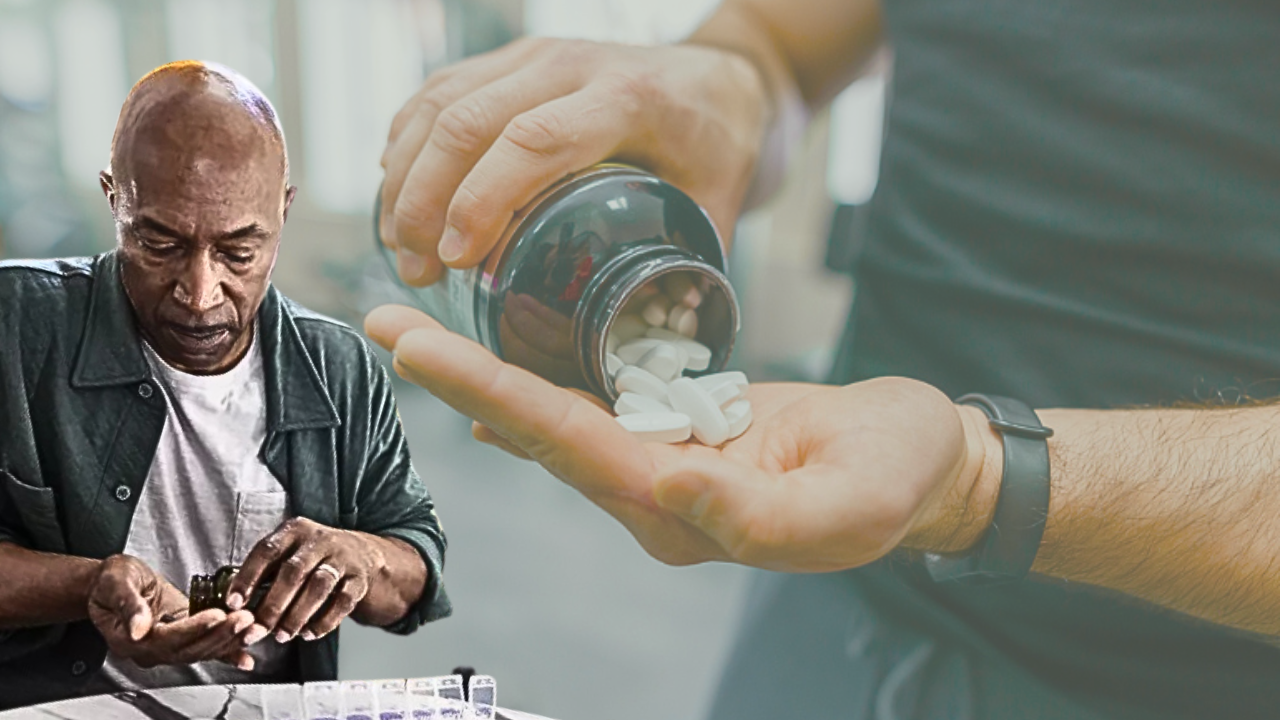
10 Prostate Health: A Simple Guide to Supplements and Lifestyle (2024)
The prostate, a small gland crucial for semen production, undergoes changes with age, increasing the risk of various conditions such as prostatitis, benign prostatic hyperplasia (BPH), and prostate cancer. This article explores the top supplements that may support prostate health, backed by research evaluated by a registered dietitian nutritionist. It emphasizes the importance of individualized supplement use and the need for professional guidance.
Table of Contents
ToggleSupplements for Prostate Health:
- Selenium: Selenium, essential for DNA stability and as an antioxidant, shows mixed results in studies. While some large population studies link low selenium levels to a higher risk of prostate cancer, trials with 500 micrograms daily did not reduce risk. Consultation with a healthcare professional is advised due to potential interactions with medications.
- Zinc: This essential nutrient is vital for prostate tissue health and semen production. Conflicting data on zinc supplementation and prostate cancer risk exist, and excessive intake can interfere with other nutrient absorption. The recommended daily allowance for males is 11 milligrams, but caution is needed with certain antibiotics and diuretics.
- Lycopene: Found in tomatoes, lycopene’s antioxidant and anti-inflammatory properties support prostate health. While tomato-based products may offer benefits, lycopene supplements’ efficacy is inconclusive. Caution is advised for those taking anticoagulants, as lycopene may slow blood clotting.
- Green Tea: Catechins in green tea exhibit antioxidant and anti-inflammatory effects. Research on its impact on prostate health is mixed, with varying recommendations on daily intake. EGCG supplements, around 400 mg daily, may be well-tolerated, but potential toxicity risks exist.
- Modified Citrus Pectin (MCP): MCP, recognized for its anticancer properties, may slow prostate cancer progression. While generally regarded as safe, further research is needed to establish optimal dosages for prostate health.
- Vitamin D: Essential for various body processes, vitamin D’s role in prostate health remains debatable. Some studies suggest benefits for PSA levels, while others show no improvement. Caution is advised to avoid toxicity, and interactions with certain medications exist.
- Soy: Isoflavones in soy foods like tofu may support prostate health, while soy isoflavone supplements require more research. Unfermented soy foods are associated with a lower risk of prostate cancer.

Prostate Health Herbs:
- Saw Palmetto: Research suggests potential benefits for urinary symptoms, but results may vary based on supplement quality. Generally well-tolerated with minimal side effects.
- African Cherry: Bark from the African cherry tree may reduce BPH symptoms. Dosage recommendations are preliminary, requiring further research for safety and interactions.
- Rye Grass Pollen Extract: Limited research indicates potential benefits for BPH symptoms, but optimal dosages remain unclear.
Other Considerations:
- Movement/Exercise: Regular exercise lowers inflammation and supports prostate health.
- Nutrition: A plant-based diet may reduce the risk of death from prostate cancer.
- Screening: Routine healthcare appointments, including PSA tests, are essential for early detection.
- Hydration: Adjusting fluid intake may help manage symptoms of an enlarged prostate.
Conclusion:
While supplements may offer support for prostate health, caution is crucial. Individualized approaches, professional guidance, and lifestyle considerations contribute to comprehensive prostate care. Always consult a healthcare provider before incorporating supplements into your routine.
The prostate, a small gland crucial for semen production, undergoes changes with age, increasing the risk of various conditions such as prostatitis, benign prostatic hyperplasia (BPH), and prostate cancer. This article explores the top supplements that may support prostate health, backed by research evaluated by a registered dietitian nutritionist. It emphasizes the importance of individualized…
The prostate, a small gland crucial for semen production, undergoes changes with age, increasing the risk of various conditions such as prostatitis, benign prostatic hyperplasia (BPH), and prostate cancer. This article explores the top supplements that may support prostate health, backed by research evaluated by a registered dietitian nutritionist. It emphasizes the importance of individualized…
2 thoughts on “10 Prostate Health: A Simple Guide to Supplements and Lifestyle (2024)”